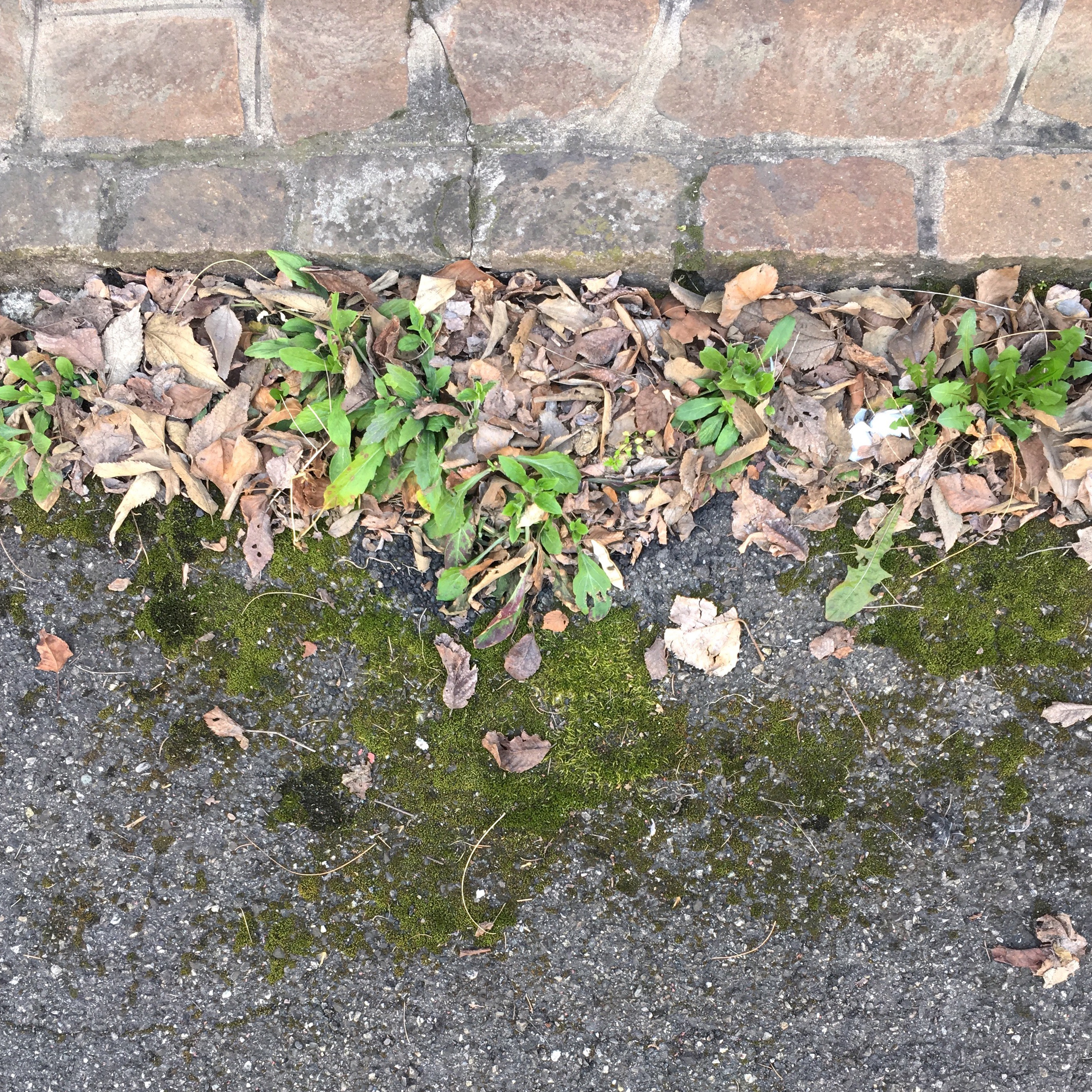Comma Network: Building Knowledge Commons for Commons Architecture
Research by Hulya Ertas (advisors: Burak Pak and Caroline Newton
|| During the post-political turn, the relationship between architecture and power structures has been defined as one-directional, to such degree that the professionals practicing within the fields of architecture started to define themselves as merely “service providers”. This not only positions architecture as an oppressed and passive discipline but also makes it part of the TINA (there is no alternative) rhetoric. However if there is a relationship between power and architecture this also signals that this relationship may be subverted.
The new commons thinking, fuelled after the civic disobedience movements of 21st century, right to the city movements and dispossession of the 99%, incontrovertible climate, finance and social crises, offers a new structure of social production and reproduction. Among many other disciplines it is also architecture’s liability to transform or interpret this thinking into spatial practices as a form of post-capitalist living. So how will architects position themselves within this framework? We are already witnessing that a big portion of the professionals are trying to keep the facade with the “business-as-usual” attitude while others are experimenting through projects of urban guerrilla tactics, co-housing, squatting, etc. Going beyond the already existing patterns of property (for so long defined as either public or private) commons architecture is a field where critical spatial practices are tested and experimented.
The main aim of this PhD research is to build a knowledge commons platform that makes visible the practices of commons architecture and empowers their position of generating alternatives, while on the other hand that develops a critique of these practices in line with the main understanding of commons, such as their impact on daily lives of citizens, inclusion, democracy, etc.
In this scope, the main research questions are as follows: How can we publish architectures that are facilitating commoning practices?
How to define what is and what is not commons architecture and by whom?
How can we produce a knowledge commons platform collectively to make commons architecture more visible and subject to grounded criticism? How can this platform be sustainable in terms of governance, finance and innovation?
The research itself is conducted as an open-source process on the website comma.network
Keywords: commons, knowledge commons, architecture criticism, online platform

